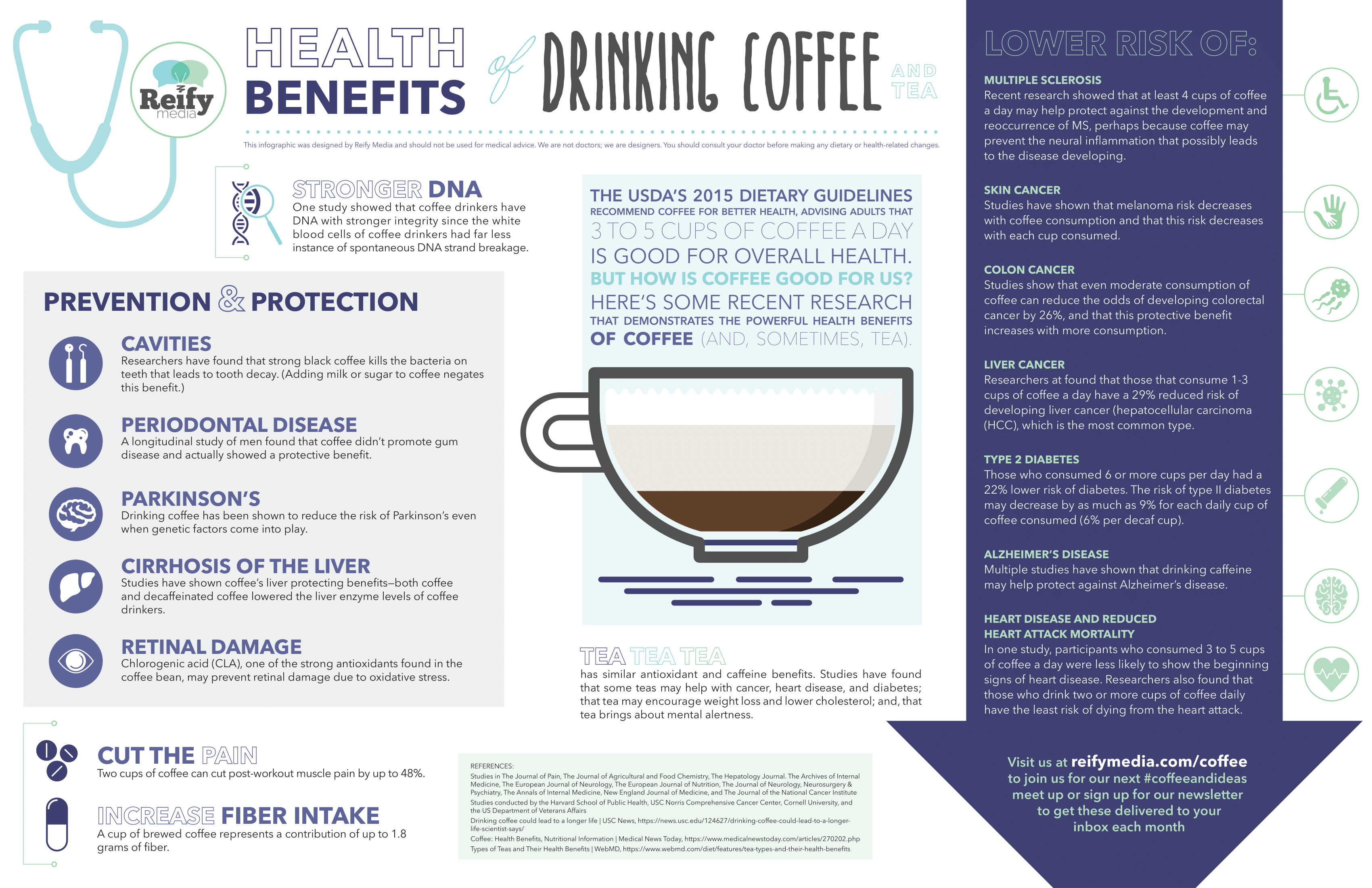Beauty Tips FREE Professional Courses
A Cup of Coffee for a Healthier You
Do you find yourself reaching for that third cup of coffee in the afternoon? If so, you’re not alone! Coffee is one of the most popular beverages in the world, and for good reason. Not only is coffee delicious and energising, it’s also been linked to a number of health benefits. Here’s a closer look at why coffee is an ideal tool for holistic health.
Coffee and Mental Health
When it comes to mental health, coffee can be a powerful ally. Studies have found that coffee drinkers are less likely to experience depression and have a lower risk of suicide. This is likely due to the effects of caffeine, which can increase levels of dopamine and serotonin in the brain, making us feel more alert and content. Coffee can also help improve focus and alertness, making it a great tool for those with ADHD and other conditions.
Beauty Tips FREE Professional Courses
But remember, coffee is a tool, not a cure-all. Too much caffeine can lead to anxiety and insomnia, so be sure to practice moderation. As the saying goes, “all things in moderation!”

Coffee and Physical Health
Coffee isn’t just great for your mental health, it can also benefit your physical health. Studies have found that coffee drinkers are at a lower risk of type 2 diabetes, stroke, some cancers, and even Parkinson’s disease. Coffee is also a great source of antioxidants, which can help protect against damage from free radicals. And as an added bonus, it can also help you slim down by boosting your metabolism.
That being said, too much coffee can lead to restlessness, increased heart rate, and headaches, so be sure to stick to the recommended daily amount. As the wise words of the late Maya Angelou state, “moderation in all things.”
Coffee and Cognitive Function
If you’re looking for a way to stay sharp, coffee may just be the answer. Studies have found that coffee drinkers are less likely to experience cognitive decline with age. This is likely due to the effects of caffeine, which can improve alertness, focus, and memory. So if you’re feeling a bit foggy in the morning, grab a cup of joe and get your brain back in gear.
But again, be sure to practice moderation. Too much caffeine can lead to jitters, headaches, and irritability, so it’s best to stick to the recommended daily amount.
Coffee is packed with antioxidants and other health-promoting compounds.
Coffee is more than a tool to make it until the end of the day, it is a highly bioactive plant filled with antioxidants, fatty acids, diterpene esters, melanoidins, proteins, sugars, etc. all of which are beneficial for human health, skin and well-being.
Coffee is loaded with natural antioxidants that lower our risks for diseases. It seems like a new article comes out every few weeks telling us that coffee is better than we thought, permitting us to consume it in greater and greater amounts. Great news for the 90% of American adults who consume some amount of caffeine, every single day.
Coffee can be a healthy addition to your diet.
When it comes down to it, keeping your coffee as beneficial as possible may be as easy as turning to the new Dietary Guidelines for Americans. Federal health experts officially recommend only 1 cup of black coffee with 1/4-cup fat-free milk at breakfast time; while guidelines go on to say that Americans can easily throw back 3 or 4 cups before compromising their health (no more than 400mg of caffeine! ), its the added sugar from sweeteners or syrups that can be the real culprit here.
Coffee does more than boost your energy. A few daily cups of coffee may also lower your risk of type 2 diabetes and depression, support weight management, and help you live a longer life. Just keep in mind that experts recommend limiting caffeine if you’re pregnant or nursing.
Coffee can help you reduce stress.
Coffee may not be the first thing that you think of when it comes to reducing stress. In fact, having a caffeine buzz is usually the last thing we intend when we want to relax! However, some studies have now identified that drinking coffee can potentially reduce emotional and physical stress. Coffee’s effect on brain chemistry not only keeps us alert but it can also affect neurotransmitters in the brain to help you fight off symptoms of stress
While unregulated caffeine consumption can be a powerful trigger for anxiety and a catalyst for chaos, there’s no need to ditch your morning cup of coffee. There is an abundance of simple ways to holistically manage your anxiety while aiding your body to naturally thrive. So, grab your choice of coffee, add some adaptogens, and spend some time in the sun stretching and breathing!
When is Coffee bad?
Coffee is bad when it makes you jittery, prevents you getting to sleep (because you have it late at night) or have excessive quantities over recommendations which can stain teeth and impair absorption of various minerals. That said, if you stick to recommendations and don’t drink coffee too late at night or in excessive quantities you can experience all of the reported heath benefits without the negative consequences of drinking too much!
Different types of coffee contain different amounts of caffeine:
Conclusion
Coffee is an ideal tool for holistic health, with a number of mental, physical, and cognitive benefits. From increasing alertness and focus to reducing the risk of disease, coffee can be a powerful ally in your journey to health and wellness. Just remember to practice moderation, as too much caffeine can lead to negative side effects.
So next time you’re feeling a bit sluggish, reach for a cup of coffee and reap the benefits of this powerful beverage. Your body and mind will thank you for it!
Beauty Tips FREE Professional Courses
